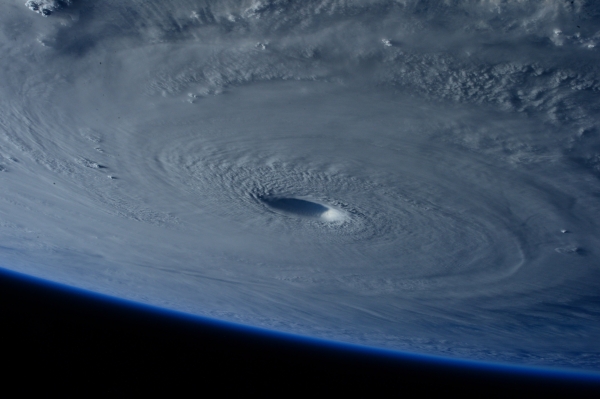Hurricane Season 2024

The 2024 Atlantic hurricane season is the Atlantic Ocean tropical cyclone season in the Northern Hemisphere. The season officially begins on June 1, and ends on November 30.
Eastern Carolina communities have experienced the devastating effects of these storms over the past several years. Hurricanes are among the most powerful and destructive phenomena in nature, as well as the costliest. The primary causes of damage are storm surge flooding, inland flooding from heavy rains, destructive winds, tornadoes, and high surf and rip currents. The season ends on November 30. So, if you have not already done so, now is the time to plan and prepare your family and parishes. These are some recommendations:
- Make a Plan
- Ensure your household knows and understands your hurricane plan. Ready.gov is a great reference site where you can find ideas for your plan.
- FEMA.gov also offers training and planning exercises to enhance the disaster preparedness, response, and recovery capabilities of voluntary, faith-based, and community partner organizations, staff, and volunteers.
- Gather Emergency Supplies
- Have sufficient supplies for your household for a two-week period. Include medications, disinfectants, cloth masks, and pet supplies in your go-bag or car/truck. Here again, Ready.gov offers a thorough list of recommended supplies.
- Keep cell phones charged when a hurricane is forecasted and consider a backup charging device to power electronics.
- Know the Difference Between a Watch and a Warning
- A hurricane watch means hurricane conditions (sustained winds of 74 miles per hour [mph] or higher) are possible in a stated area. Experts announce hurricane watches 48 hours before they expect tropical-storm-force winds (sustained winds of 39 to 73 mph) to start.
- A hurricane warning is more serious. It means hurricane-force winds are expected in a stated area. Experts issue these warnings 36 hours before tropical-storm-force winds are expected in the area to give people enough time to prepare for the storm.
- A FEMA app is available for mobile phones and pads, which provides real-time alerts from the National Weather Service for up to five locations nationwide.
- Get your Home and Car Ready
- Declutter drains and gutters, bring in outside furniture, consider hurricane shutters.
- Be ready to turn off the main power to your home when you see flooding, downed power lines, or you have been ordered to evacuate.
- Fill clean water containers with drinking water in case you lose your water supply during the storm. Sinks and bathtubs can also be filled with water for washing.
- Fill your car’s gas tank and move your car into your garage or under cover.
- Get Family and Pets Ready
- If you or anyone in your household is an individual with a disability determine if you need additional help during an emergency.
- Put pets and farm animals in a safe place. Pre-identify shelters, pet-friendly hotels, or an out-of-town friend or relative where you can take your pets in an evacuation.
- Be Ready to Evacuate or Stay at Home
- If a hurricane is coming, authorities may order an evacuation. It is not wise to ignore an order to evacuate. Even sturdy, well-built houses may not hold up against a hurricane. Staying home to protect your property is not worth risking your health and safety.
- You may hear an order to stay at home. If driving conditions are dangerous, staying at home might be safer than leaving.
Tags: Disaster Relief, Recovery, & Preparedness Commission / Hurricane Hub